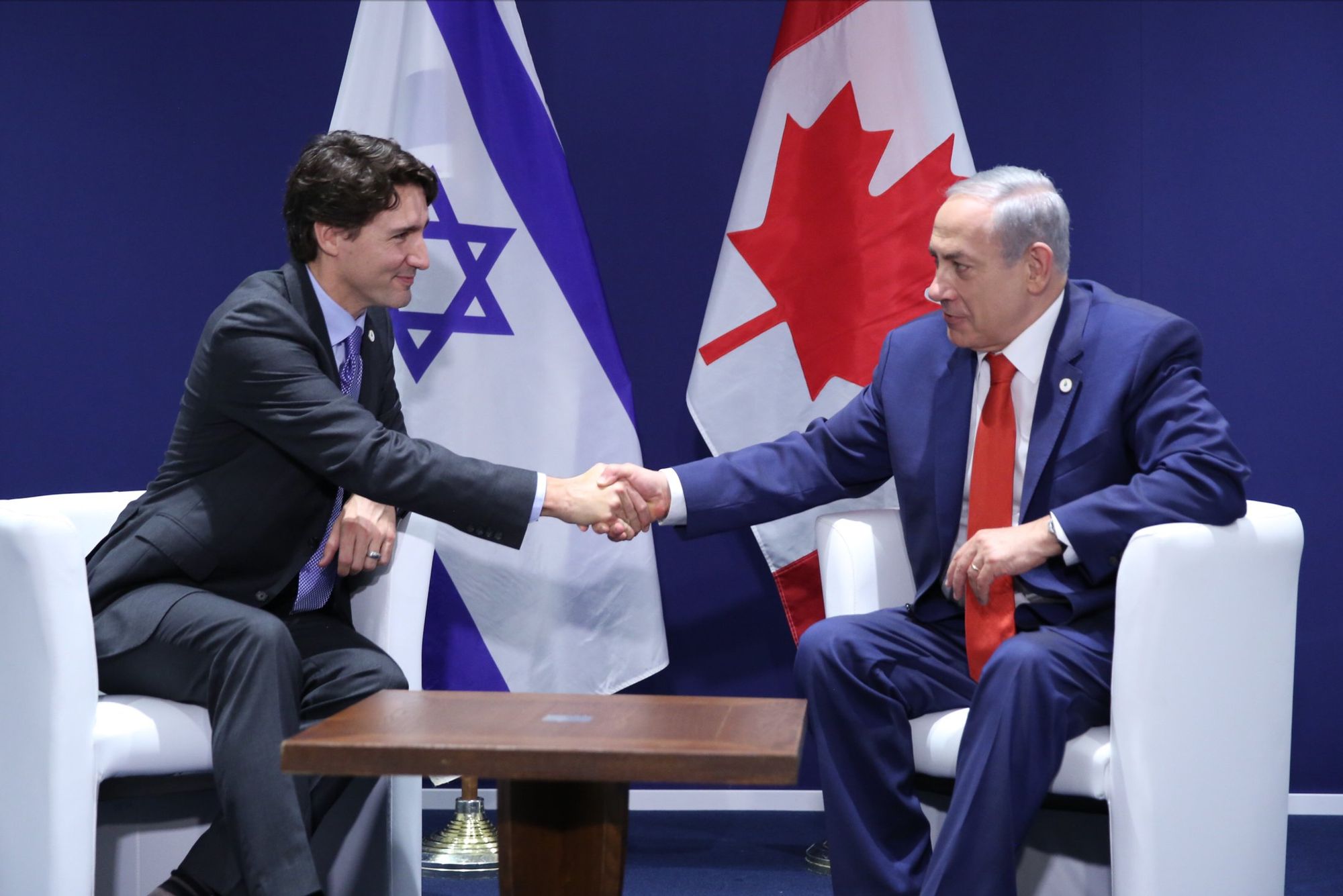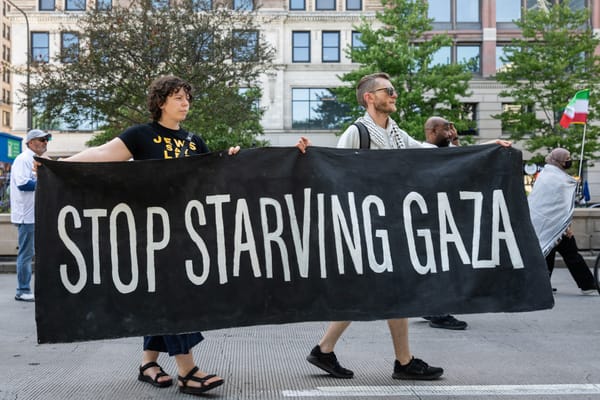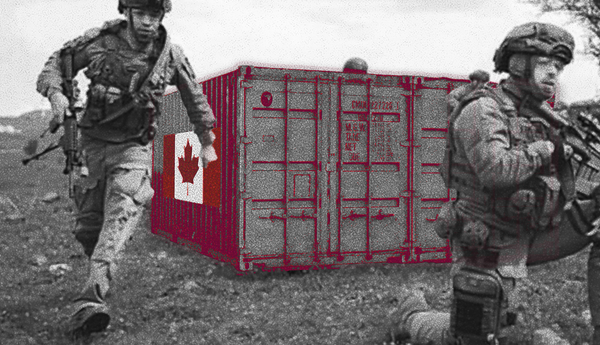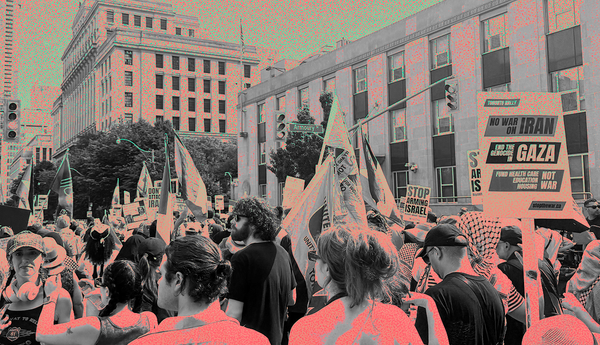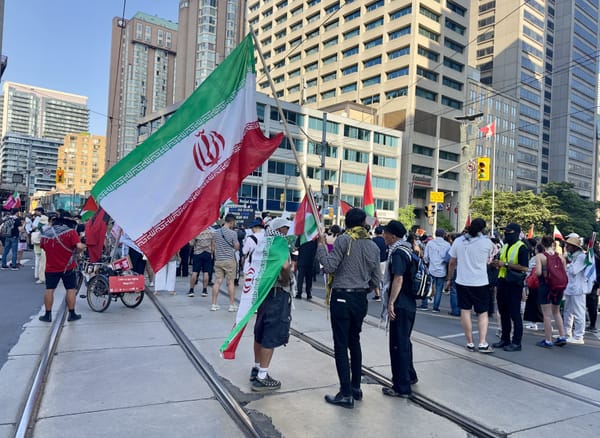Canada’s opposition to a possible International Criminal Court (ICC) investigation of Israel is deeply unpopular with Canadians, according to a new survey from EKOS.
The survey — co-sponsored by Canadians for Justice and Peace in the Middle East, Independent Jewish Voices Canada, and the United Network for Justice and Peace in Palestine-Israel — found that 84 per cent of Canadians think the ICC should investigate alleged war crimes committed by Israeli officials. Meanwhile, 71 per said Canada shouldn’t consider stepping in if it’s opposed to an investigation of Israel. Other survey findings reveal that 86 per cent of Canadians disagree with the idea that Canada should overlook Israel’s human rights violations just because it’s considered to be an ally.
Altogether, these findings show that Canadians don’t want to give Israel special treatment or protect it from accountability for its actions.
These conclusions pose a challenge to the Canadian government’s position which, under both Stephen Harper and Justin Trudeau, has actively sought to undermine the possibility of an ICC investigation of Israel.
When Palestine acceded to the ICC in 2015, Foreign Affairs Minister John Baird called it a “concerning and dangerous development.” Canada was the only State Party to the ICC to file a formal objection with the court, insisting that, “‘Palestine’ does not meet the criteria of a state under international law and is not recognized by Canada as a state.” At the time, 135 United Nations member states recognized the state of Palestine, which has since increased.
Canada continues this obstructionist approach today, including toward an ICC investigation of alleged Israeli and Palestinian war crimes in the Occupied Palestinian Territory (OPT), which is still in the preliminary stages.
In December 2019, the ICC’s chief prosecutor Fatou Bensouda declared that there was sufficient evidence that war crimes had been committed, but asked for a legal opinion as to whether the court had jurisdiction to proceed with an official investigation. Canada sought to undermine this process, and in February 2020 sent a formal letter to the ICC asserting that the government didn’t recognize Palestine’s right to appeal to the court for an investigation. More troubling, Amnesty International warned that Canada’s letter appeared to include a “threat to withdraw financial support” from the court if it proceeded.
Nevertheless, Bensouda issued an opinion on April 30 stating that Palestine is indeed a state and that an investigation should proceed. It’s not clear if Canada will retaliate if the ICC does move forward.
Making things worse, Canada’s actions must be understood in the context of recent sanctions that United States President Donald Trump has imposed upon Bensouda and another ICC official. These sanctions, which were coordinated with Israel, are a clear attempt to shut down investigations into alleged U.S. war crimes in Afghanistan, as well as alleged Israeli war crimes in the OPT.
While it’s true that Canada released a muted statement expressing disappointment with U.S. sanctions and emphasizing its support for the ICC’s independence, its statement didn’t call for the sanctions to be lifted.
This moment is a crucial test for the ICC’s independence, as powerful states threaten to derail the functioning of international law and put those who cooperate with the court in harm’s way. Canada’s attempts to deter a potential ICC investigation of Israel are out of place, and only contribute to a sense of impunity for Israel and the U.S. Moreover, they’re entirely at odds with popular opinion, as polls show that Canadians don’t support their government’s efforts to interfere with the impartial pursuit of justice.
Canada should cease obstructing the efforts of the Palestinian people to seek justice, and finally stand up for the ICC’s right to investigate war crimes wherever they occur.

